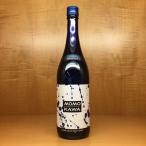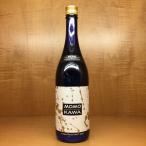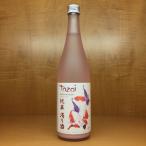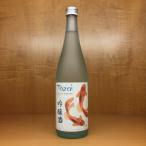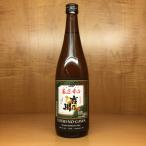FAQ: Sake |
FAQ: What is Sake? I <3 Sake. Just ask my coworkers. I taste my fair share, all in the name of science of course. It’s just SO GOOD. This infatuation didn’t occur until I started to learn about it though. So in an attempt to share my love with the world, here’s the skinny on Sake: What is Sake? Pronounced Sak-eh, not sak-eee. Who knew?! Sake is kind of its own thing. What it is not is rice wine; wine has to be made from fruit and Sake is made from starch. It is actually more closely related to beer, as it is ‘brewed’ by converting rice starch to sugar alcohol using yeast and a very special type of mold called ‘Koji-kin’. The mold is clutch. You can’t make Sake without it. Over 65 varieties of rice may be used when making Sake, but the Yamada Nishiki seems to be the grain of choice for the premium stuff.
What are the different styles of Sake? Just like wine and beer, there’s something for everyone! Sake is divided into two main categories: with distillate added and without…with a few other variations of these styles in between: Junmai: polished to 70%. Only uses water, rice and Koji mold. Junmai means ‘pure’, so no distillate is added if you see it on the label. Honjozo: polished to 70%. Small amount of brewer’s alcohol/distillate added to Sake before pressing. Ginjo: polished to 60%. Honjozo in style (distillate added); if no distillate is added it will be labeled Junmai Ginjo Daiginjo: polished to 50%. Honjozo in style (distillate added); if no distillate is added it will be labeled Junmai Daiginjo. Nigori: Unfiltered Sake. Cloudy with rice sediment, slightly sweet and fuller bodied. Genshu: Undiluted Sake, and thus higher in alcohol Namazake: Unpasteurized Sake So if you see a ‘Junmai Ginjo Ushu Nigori’ you now know that means it is a pure (no distillate), unfiltered premium Sake. Go you!
How is Sake made? In order to produce Sake, rice grains are milled or ‘polished’ to remove the outer husk. The pure starchy heart of the rice grain produces the best Sake. So the more it’s polished, the less raw material there is to make the good stuff, which means it takes more grains to produce. Hence, higher polish equals higher price. All Sake is always labeled to the degree in which it was polished, just in case you couldn’t tell from the price tag. Sake can technically be made anywhere, but in my humble opinion the best stuff comes from Japan. That’s not to say that U.S. and Canada aren’t producing anything of quality, but the Japanese have had about 1,000 years more practice. Just sayin’. U.S. Sake tends to be clean, and more one noted while Japanese Sake has more delicate aromas ranging from melons and fruit to floral to umami. Discovering the diversity in styles is half the fun (the other half is drinking it, just in case you were wondering). Which Sake is sweet and which is dry? Sake can be anywhere from bone dry to quite sweet. The residual sugar is indicated on the back label by the SVM meter (Sake Value Meter). The SVM measures specific gravity, or density in contrast to H20. The scale goes from -4 to +4. Negative numbers mean sweet, positive number mean it is dry, with zero being neutral. So if a Sake is -1.5, it is very slightly off dry, where as a -4 is sweet. Do you drink Sake hot or cold? Ideally, Sake should be served lightly chilled or room temperature. Heating it disrupts the delicate aromas of premium Sake, but will mask flaws in lower quality Sake; heating also enhances the alcohol ‘flavor’. This is not me saying ‘don’t drink hot sake’! What it is saying is don’t drink really good Sake hot.
We have a wonderful and ever growing Sake selection in both stores. If you have any questions, or just feel like shooting the breeze about Sake, stop down in Wilton and see me (or see Eddie if you happen to be in Ridgefield). Kanpai! Holly Phillips Asst. Wine Director |
|
Quantity:
|
|||||||||||||
|
Quantity:
|
|||||||||||||
|
Quantity:
|
|||||||||||||
|
Quantity:
|
|||||||||||||
|
Quantity:
|
|||||||||||||
|
Quantity:
|
|||||||||||||




